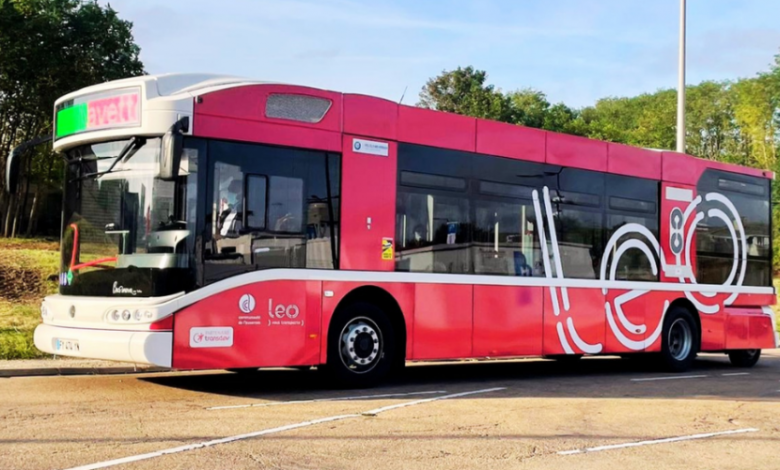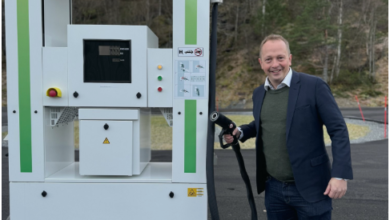JIVE 1 project ensuring the deployment of 131 hydrogen fuel cell buses across Europe

The Joint Initiative for Hydrogen Vehicles Across Europe (JIVE 1), an ambitious project aimed at supporting the deployment and operation of hydrogen buses and refuelling stations across Europe, has come to an end. This landmark initiative has made significant progress towards its original objectives with the deployment of 131 hydrogen fuel cell buses in Germany, Italy, the Netherlands, and the UK, marking a significant step towards sustainable urban transport. Its sister project, JIVE 2 will continue to run until June 2025.
Co-funded by the Clean Hydrogen Partnership, the JIVE 1 project has achieved key milestones such as:
At the project’s inception, few suppliers offered fuel cell buses. Today, multiple models from various manufacturers are available.
The target price of €650,000 for a standard 12m bus was achieved across all sites, making fuel cell buses more economically viable.
The world’s first fleets of double-deck fuel cell buses were developed and deployed.
The buses demonstrated a consistent range of up to 500 kilometres in diverse climate conditions, proving their reliability and flexibility.
Original targets for fuel consumption were surpassed, with exceptionally low values of 6.5 kg/100km achieved, enhancing the economic case for fuel cell technology.
Agreements with bus and hydrogen fuel suppliers were established for operations extending up to ten years.
More operators now have practical experience in deploying and running fuel cell buses in regular operations.
The project disseminated results through site visits, publications, presentations, and bus user group meetings.
The JIVE projects also hosted impactful fuel cell bus roadshows across Central and Eastern Europe, touching a total of 13 countries, and a fourth roadshow is planned for Scandinavia by mid-2025. These events have raised awareness and supported the adoption of hydrogen buses in an increasing number of countries.
Challenges and Future Steps Despite the project’s successes, challenges such as the reliability of hydrogen supplies, and refuelling stations were encountered. Addressing these issues remains critical for future commercial operations.
“I am proud to say that the flagship project JIVE exceeded our initial objectives by deploying 131 hydrogen fuel cell buses, demonstrating significant cost reductions, technological advancements, and environmental benefits. Thanks to the funding from the Clean Hydrogen Partnership, this large-scale project has greatly advanced the commercialisation of fuel cell buses and promoted more sustainable urban mobility. JIVE has also paved the way for further adoption of fuel cell buses in other European cities and serves as a successful example of the EU’s leadership in achieving carbon neutrality by 2050,” said Mirela Atanasiu.
